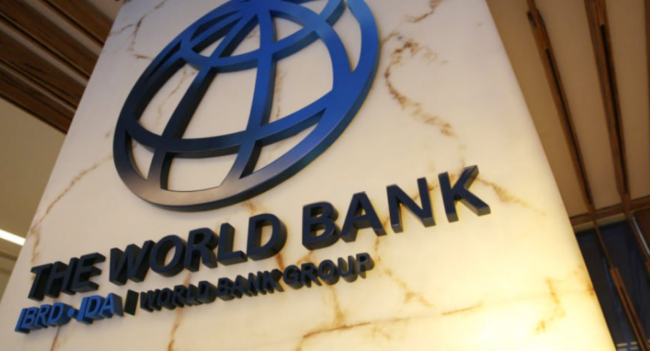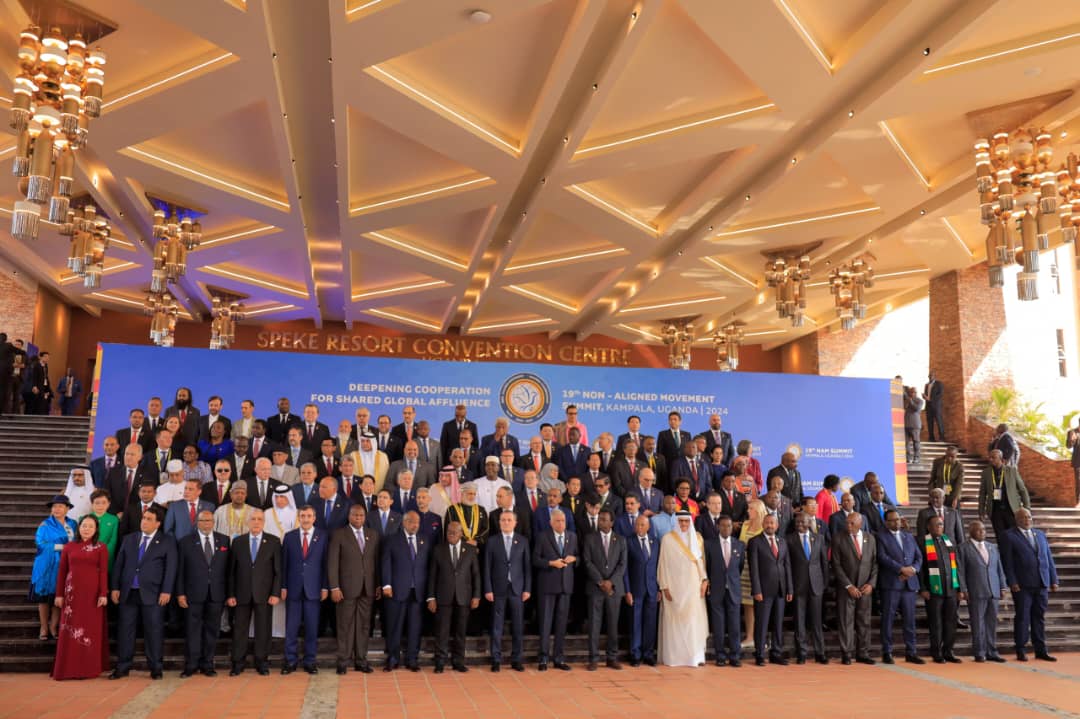The World Bank says extreme poverty in Nigeria and Tanzania reduced by 7 percent in 2023 after exposure to the internet.
The Bretton Woods institution made this known in its recent results briefs, titled, ‘Digital Transformation Drives Development in Africa’.
The World Bank said with increased accessibility to internet services, employment also increased by eight percent.
“Increased accessibility of broadband services, accompanied by enhanced affordability and service quality, leads to higher inclusion,” the report reads.
Advertisement
“Digital inclusion, in turn, has a positive impact on creating jobs and reducing poverty. In 2023, a World Bank flagship report found that in Nigeria and Tanzania, extreme poverty declined by about 7 percent after three or more years of exposure to internet coverage, while labor force participation and wage employment increased by up to 8 percent.
“Achieving a vibrant, inclusive, and secure digital economy requires more than basic access to the internet.
“It necessitates a comprehensive approach that considers the entire digital ecosystem, integrating additional foundational elements to complement infrastructure.”
Advertisement
Stressing digital inclusion, the organisation said the availability of internet or broadband access is an important first step in getting people online.
INTERNET USERS INCREASED BY 115% IN SUB-SAHARAN COUNTRIES
The World Bank said through various strategic projects under its International Development Association (IDA), internet usage increased by 115 percent.
“A range of World Bank projects have contributed to a 115 percent increase in the number of internet users in Sub-Saharan Africa, from 19 percent in 2016 to 36 percent in 2021,” the institution added.
Advertisement
“The World Bank’s flagship Digital Economy for Africa (DE4A) initiative supports the ambition of ensuring that every individual, business, and government in Africa is digitally enabled by 2030.”
HUGE NEED FOR INFRASTRUCTURE, ACCESS
Despite the efforts put in place by the international community and governments, the Bretton Woods institution said the region’s digital infrastructure coverage, access, and quality still lags compared to other regions.
“At the end of 2021, while 84% of people in SSA lived in areas where 3G service was available, and 63% had access to 4G mobile coverage, only 22% were using mobile internet services,” the lender said.
Advertisement
“The gap between coverage and usage is similarly large for broadband, with 61% of people in sub-Saharan Africa living within the broadband range but not using it.
“Affordability of mobile connectivity, measured by the price of one gigabyte (GB) of mobile data, is another major constraint. In 2019, the average cost of one GB of mobile internet as a percentage of monthly per-capita gross national income (GNI) was 10.5%, which is considerably higher than the 2% target recommended by the United Nations Broadband Commission.
Advertisement
“In addition, in 2021, the median cost of an entry-level internet-enabled handset amounted to more than 25.2% of monthly gross domestic product per capita.
“The region has one of the widest digital gender gaps globally. The greatest disparity exists for internet use, where women are 37% less likely than men to use mobile internet according to 2023 GSMA data.
Advertisement
“In 2021, around 470 million people in Sub-Saharan Africa did not have proof of ID, preventing them from fully benefiting from critical public and some private services.”
Commenting on the results, Andrew Dabalen, World Bank chief economist for Africa, said the minimal usage of mobile internet is a lost opportunity for inclusive growth in Africa.
Advertisement
Dabalen said closing the uptake gap would increase the continent’s potential to create jobs for its growing population and boost economic recovery in a highly digitalised world.
Add a comment






